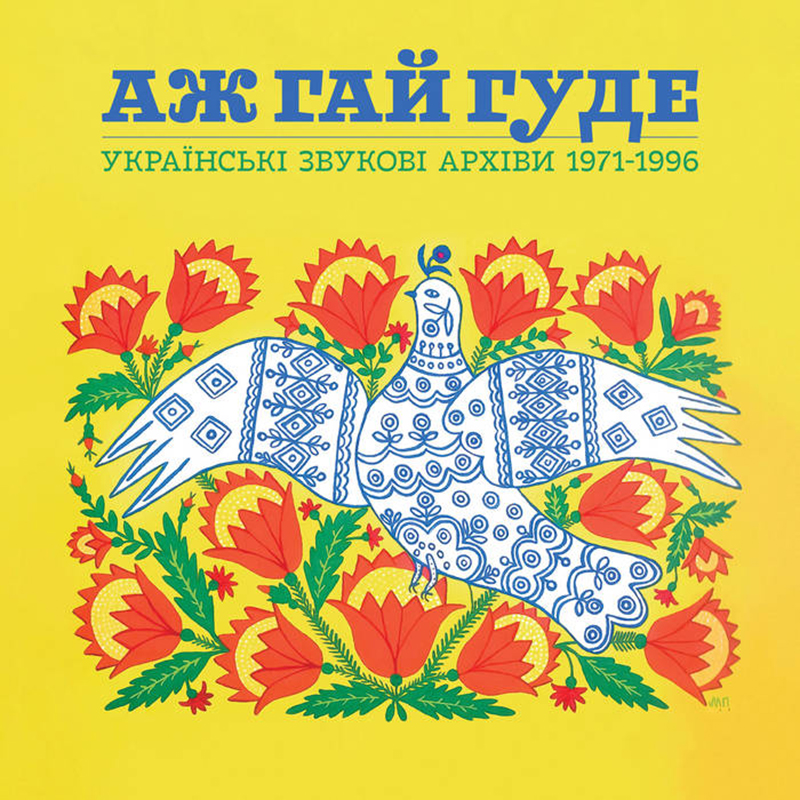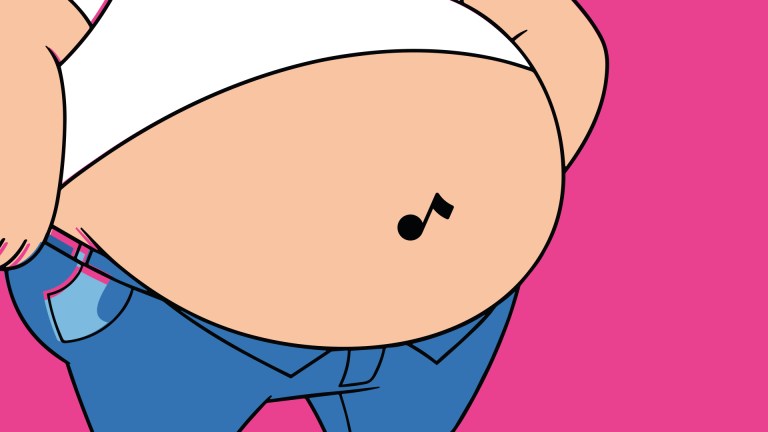In April 2022, I wrote for the Big Issue about Ukraine’s “song of resistance” Chervona Ruta – a groovy orchestral folk-pop number from 1968 which, in defiance of Soviet authorities, smuggled forbidden patriotic sentiment into ostensibly sweetly innocent lyrics. Written by 19-year-old Volodymyr Ivasyuk – who became one of the most famous musicians in Ukrainian history before dying in 1979, probably vengefully murdered by the KGB – it has taken on renewed resonance in the wake of Russia’s full-scale invasion of Ukraine.
It left me intrigued about how music acts as a beacon of cultural sovereignty in Ukraine, blinking in the fog of “Russification” long imposed upon the country by its much bigger neighbour. I was excited, then, to learn about the release of Even the Forest Hums: Ukrainian Sonic Archives 1971-1996. A compilation album by American label Light in the Attic, curated in collaboration with Kyiv-based Shukai Records, it uncovers a 20th-century Ukrainian music scene that flourished in spite of the risks.
Get the latest news and insight into how the Big Issue magazine is made by signing up for the Inside Big Issue newsletter
The album’s tracklisting surveys essentially two separate explosions. The first was in the 1970s, the so called “golden age” of Ukrainian music, when artists determined enough to navigate the bureaucratic hell of the Soviet state permit system and record at a handful of state-run studios found cunning ways to avoid falling foul of censors by writing western-inspired psychedelic pop songs about Komsomol members and tireless workers, or reworking trad folk numbers in rocked-up styles, with subtly nationalistic motifs.
In a documentary he made about the scene a few years ago, Vitalii ‘Bard’ Bardetskyi – a renowned Kyiv based writer and filmmaker – dubbed the movement ‘Mustache Funk’. In tribute to the impressive furry chevrons sported on the top lips of male musicians (see Kobza’s amazing mousers, above), and a funkiness of sound arrived at not merely through African-American influence (accessible via western radio stations), but also the danceable syncopated rhythms of traditional highland tunes of the Carpathians. Behold, the wah-wah guitar frenzy of Shapoval Sextet’s Oh, Get Ready, Cossack, There Will Be a March.
The entire movement was anti-Soviet, writes Bardetskyi, in the album’s liner notes. It ended in an oppressive crackdown, of which Ivasyuk’s murder can be considered a part.










